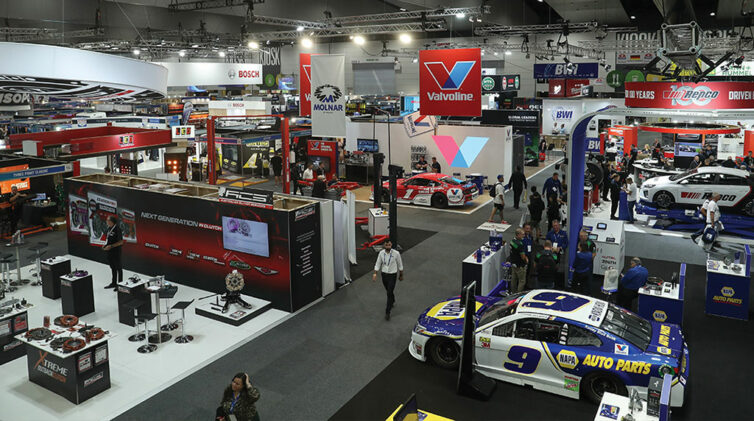Global consulting firm AlixPartners estimated last month that car-makers will lose about $US110 billion ($A142b) of sales this year due to the shortage of semiconductors, almost double an earlier projection.
Tesla boss Elon Musk this week tweeted that the chip shortage was making car production difficult and blamed some companies for over-ordering the chips.
His tweet read: “Our biggest challenge is supply chain, especially microcontroller chips. Never seen anything like it. Fear of running out is causing every company to overorder – like the toilet paper shortage, but at epic scale.”
He said the chip shortage was a “huge problem” and one of the most difficult supply chain challenges the company had ever experienced.
Taiwan Semiconductor Manufacturing Company (TSMC), which is completing the build of a $US12 billion ($A15.5b) semiconductor plant in the US, said it plans to increase production of microcontroller units by 60 per cent this year.
But a survey by Automotive News found that chip companies, car-makers and their parts suppliers have warned chip supplies will remain tight into next year.
A shortage of chips has become the latest bugbear of the industry that is still reeling from the direct effects of COVID-19, as missing chips halt production or severely affect delivery and frustrate dealers and customers.
The issue started mid-2020 when car-makers predicted a downturn in sales caused by the pandemic and told suppliers to reduce production. This covered components including the chips.
But the prediction was incorrect. Car demand rocketed as customers sought personal transport to avoid contact with other commuters and reduce any possibility of catching the virus.
Car makers turned up their requests for stock to fulfil the new wave of demand but for the chip manufacturers, who had already found replacement buyers in personal consumer products such as power tools, mobile phones and computers, the car company orders came too late and the auto industry missed out on production slots.
The situation was not helped when a fire stopped production at major semiconductor maker Renesas Electronics’ Naka plant in Japan on March 19.
Renesas said in a statement that “although about two-thirds of the products manufactured within the (burnt) N3 Building can be alternatively produced in-house or in foundries, due to the recent increase in demand for semiconductors, the situation does not allow for all products to be immediately produced alternatively.”
It was a second hit for the Naka plant after it was temporarily shut in February by an earthquake.
Chip makers such as Renesas are turning supply around to cater for the car-makers but it’s a slow process.
The Volkswagen Group said the second quarter of this year will be “our biggest challenge” and it expects chip supply to remain tight and cannot see it returning to normal until perhaps the end of this calendar year.
Volkswagen’s output is already 100,000 vehicles behind its normal annual production level.
European car-makers have also been hit with shipping problems. Volkswagen, for example, had to move shipping from Setubal near its Portugal factory – which makes models including the Australia-bound T-Roc – to the port of Santander, 900km away from the factory.
Another German, Daimler AG, has raised its profit outlook for 2021 but said the chip shortage may continue to impact its sales in the second quarter.
The Mercedes-Benz maker said that although “visibility is limited at present”, it assumes some recovery in the availability of chips in the second half of 2021.
In April, Daimler cut working hours for up to 18,500 employees and temporarily halted production at two plants – one making the C-Class which is Mercedes-Benz’s best seller – in Germany due to the chip shortage.
Despite this, Daimler expects its operating profit this year to be significantly above 2020 as the global economy recovers from the ravages of the coronavirus pandemic.
Mercedes-Benz sales rose 60 per cent in China in the first quarter as wealthier citizens, unable to travel, used their disposable income to buy luxury items.
BMW and Volkswagen also reported stronger first-quarter earnings from rising sales in China.
Jaguar Land Rover paused production at two UK factories in April, partly because of the shortage of computer chips.
Models affected were the Jaguar XE and XF sedans and the F-Type sportscar from the Castle Bromwich factory, as well as the Land Rover Discovery Sport and Range Rover Evoque built at Halewood.
The problem in sourcing sufficient chips also led to Hyundai suspending production for a short time at one of its factories in South Korea that makes cars including the Ioniq 5 EV.
Delays in Hyundai and Kia production are slowing Australian customer deliveries of some models, though both companies stress the delays are relatively minor.
By Neil Dowling












 Read More: Related articles
Read More: Related articles

